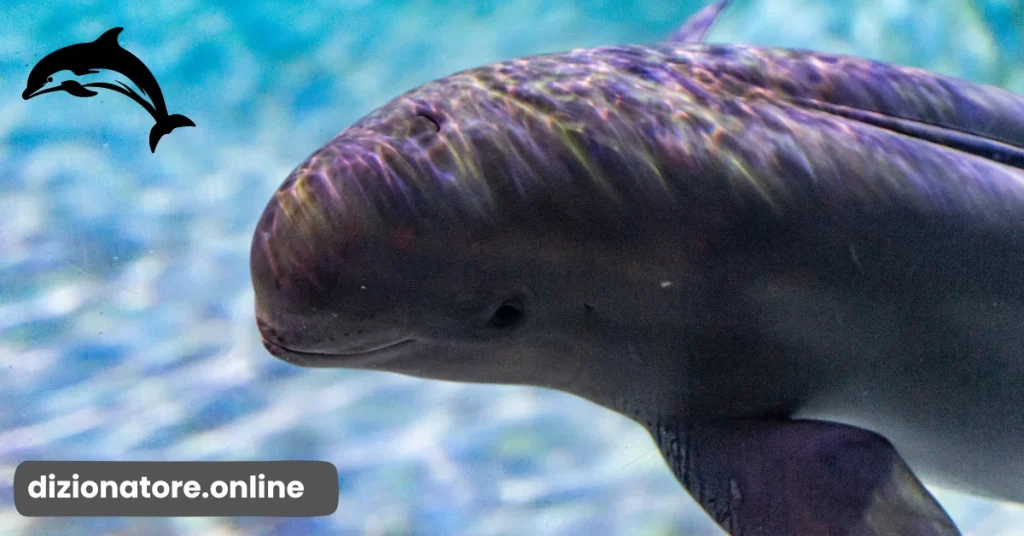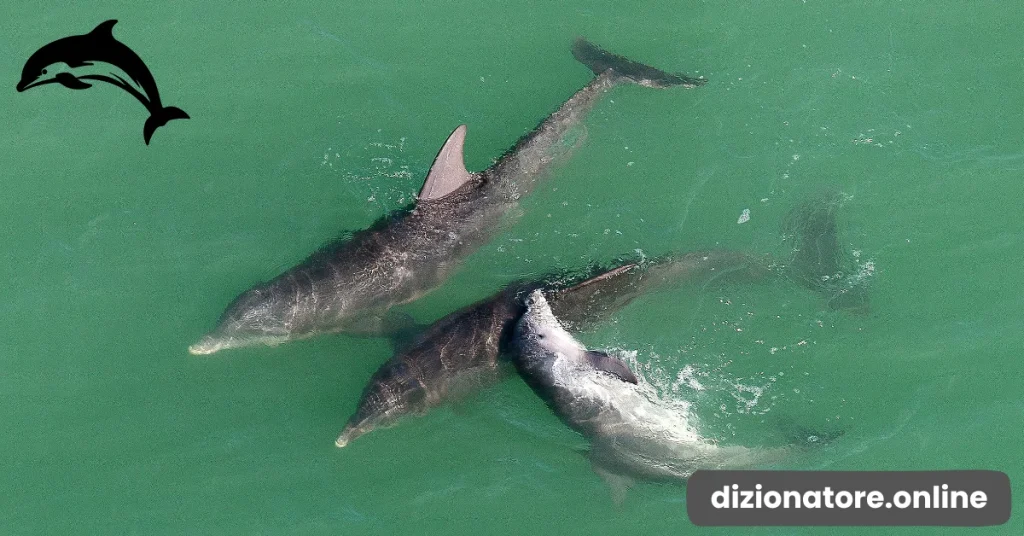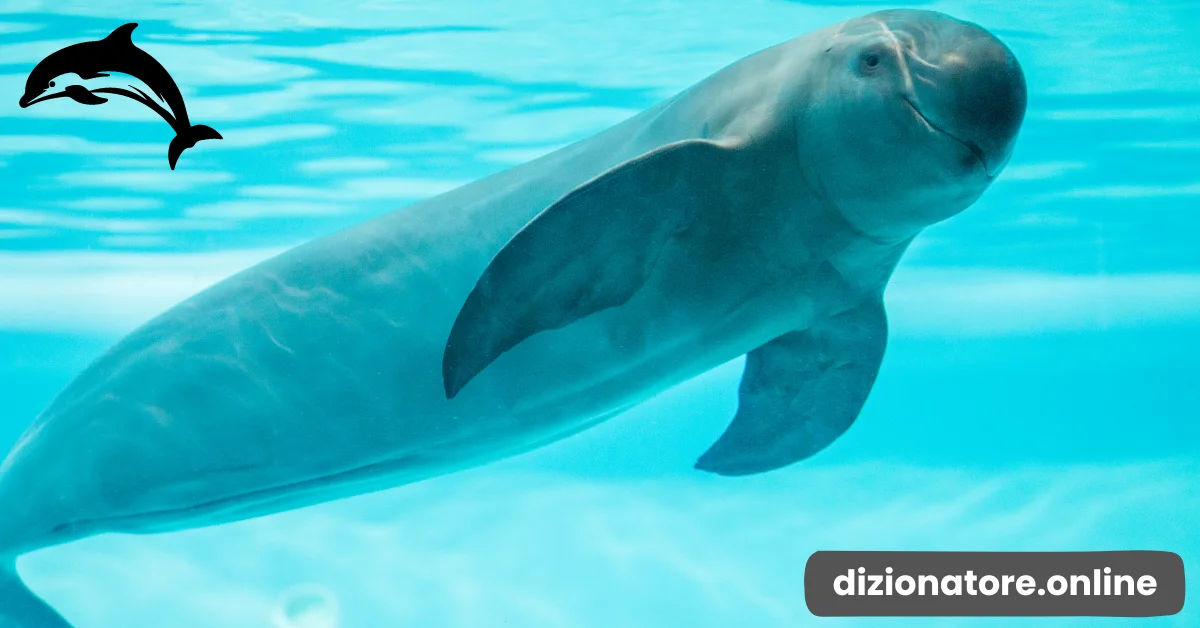Introduction
The word “Focena” refers to a small cetacean that lives in the temperate and cold waters of the oceans. The correct pronunciation of this term may seem trivial, but it is crucial in academic and professional contexts, especially when discussing marine biology. This article aims to provide a comprehensive guide on the correct pronunciation of “Focena”, also exploring the meaning of the term, its origins, and its relevance in the Italian language.

Origin and Meaning of the Term “Porpoise”
The term “Focena” comes from the Latin “phocaena”, which means “little seal”. This term has been used to describe these marine mammals since ancient times. In different languages, the pronunciation of “Focena” can vary, but in Italian it is particularly important to maintain a precise pronunciation to avoid confusion with other marine species.
Importance of Correct Pronunciation
Pronouncing “Porpoise” correctly is essential not only for clarity in communication but also to maintain a high level of professionalism, especially in scientific settings. Mispronouncing can lead to misunderstandings, especially when discussing marine species that have similar names.
Porpoise Anatomy
Porpoises are small cetaceans that are distinguished by their rounded dorsal fin and short snout. There are several species of porpoise, each with slightly different physical characteristics. Understanding these differences is essential for those who study these animals, but also for anyone who wants to talk about them correctly.
Natural Habitat of Porpoises
Porpoises inhabit mainly the temperate and cold waters of the oceans, with some species also found in rivers. Their geographic distribution varies, but they tend to prefer coastal areas where they can find abundant food.
Nutrition and Behavioral Habits
The diet of porpoises consists mainly of small fish and squid. They are social animals, often moving in small groups. Their feeding habits and behavior vary depending on the species and the environment in which they live.
Threats and Conservation of Porpoises
Porpoises face numerous environmental threats, including overfishing, pollution, and climate change. Several international organizations are working to protect these species, through conservation and awareness-raising initiatives.
Porpoise in the World of Science
Porpoises play an important role in scientific research, especially in the study of marine ecology and cetacean behavior. Recent studies have revealed crucial information about their biology and the challenges they face in the current environmental scenario.
The Pronunciation of “Focena” in Italian Language
In Italian, “Focena” is pronounced [foh-CHAY-na]. Clarity in pronunciation is essential to avoid confusion with other marine species or similar terms in other languages.
Techniques to Improve Pronunciation
Improving your pronunciation of “Porpoise” requires practice and focus. Targeted vocal exercises and the use of technology, such as pronunciation apps, can help anyone perfect their articulation of the term.
Pronunciation of Porpoise: Common Mistakes
One of the most common mistakes in pronouncing “Porcupine” is the incorrect stressing of syllables. Some speakers may also confuse the word with similar terms in other languages. It is important to practice regularly to avoid these mistakes.

Tools to Learn Correct Pronunciation
There are many online resources that can help you perfect your pronunciation of “Focena”. Applications such as “Forvo” and online diction courses offer useful tools to improve your language skills.
The Porpoise in Popular Culture
The porpoise has also found its way into popular culture, appearing in documentaries, books, and other media. Its symbolism varies across cultures, but it is often associated with intelligence and agility.
Conclusion
The correct pronunciation of “Porcupine” is essential for anyone who wants to communicate effectively and accurately in scientific and non-scientific fields. With practice and the use of the right tools, it is possible to significantly improve one’s ability to articulate this term and, more generally, to communicate with clarity and competence.

